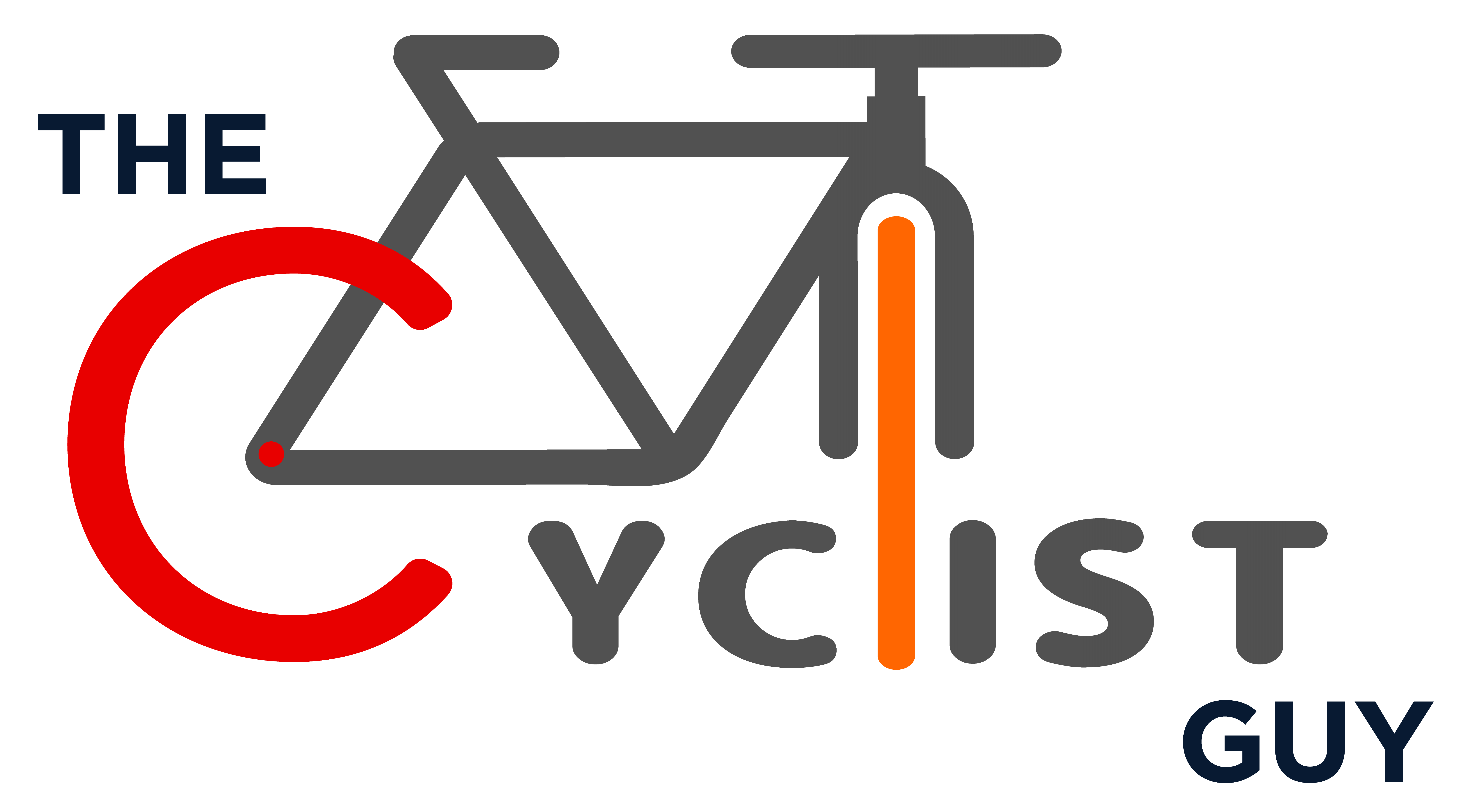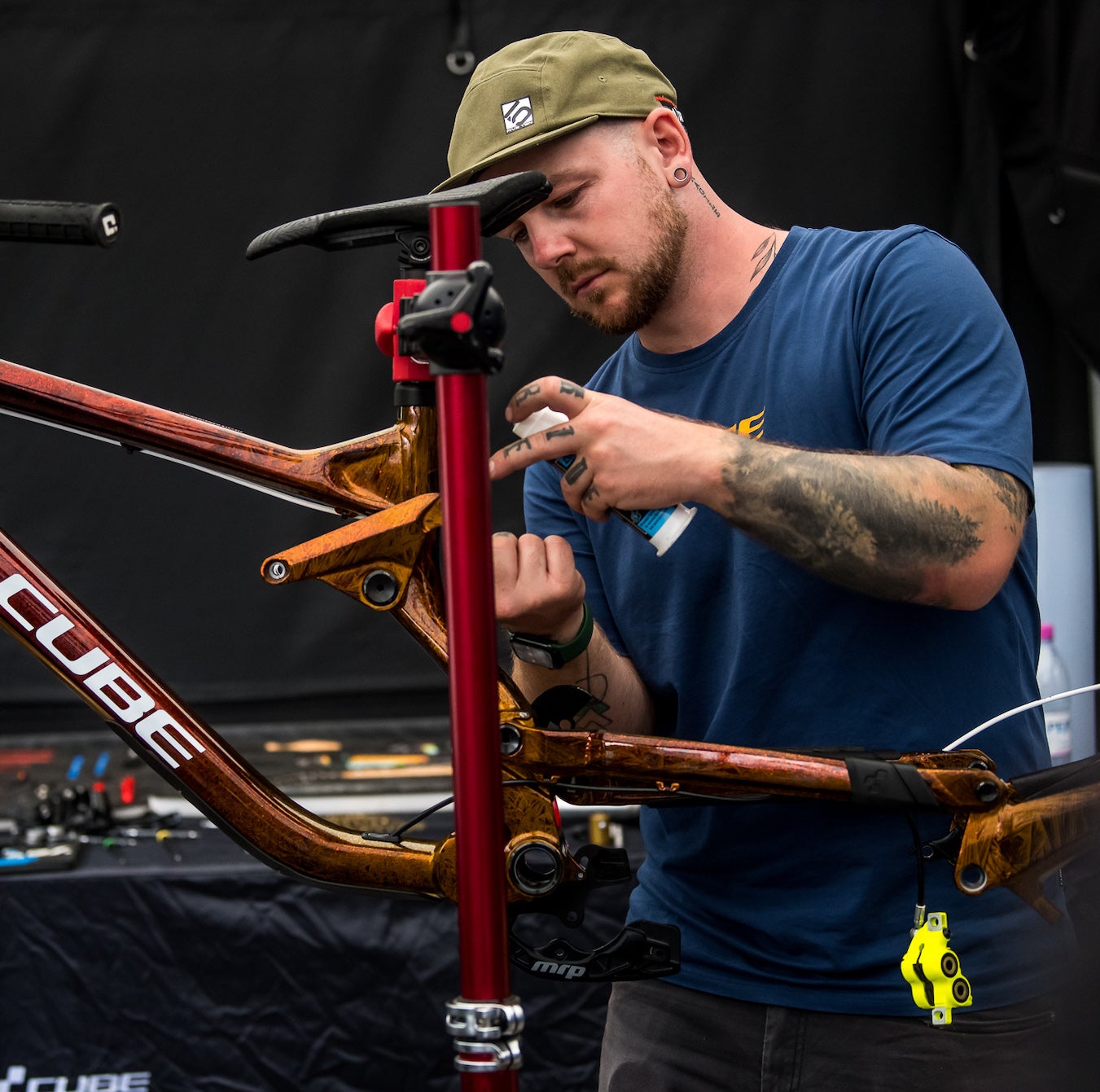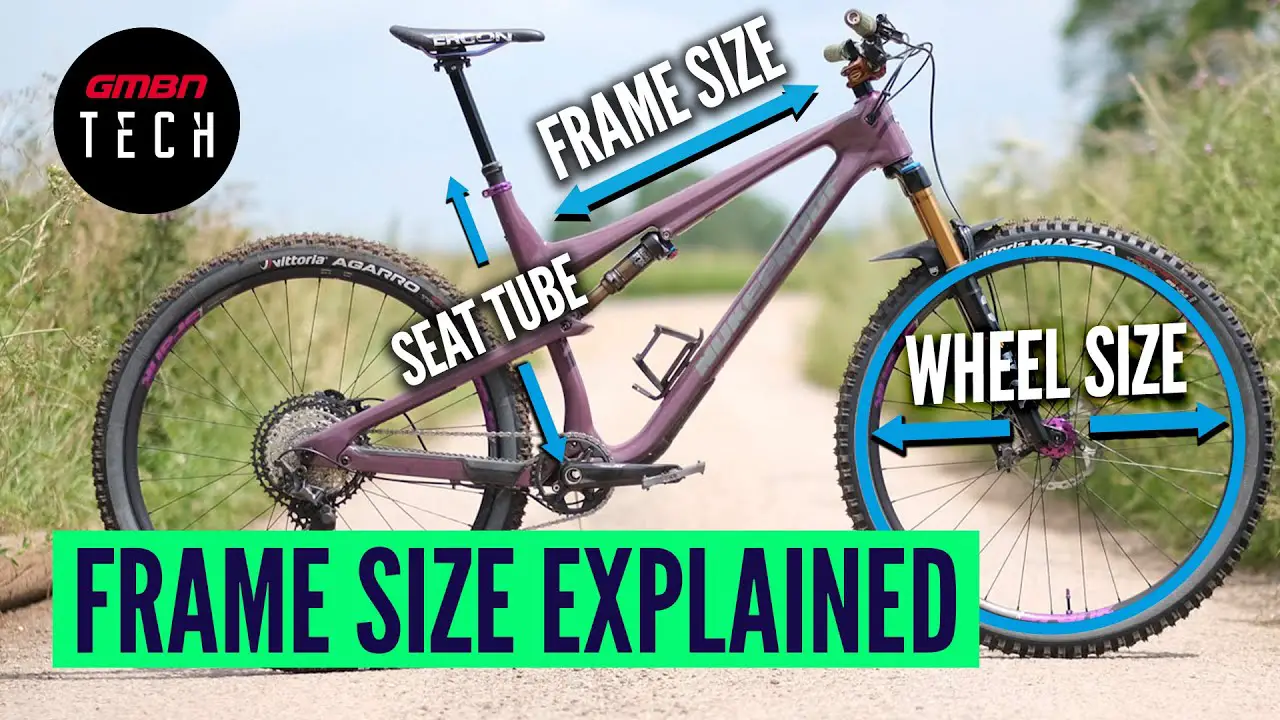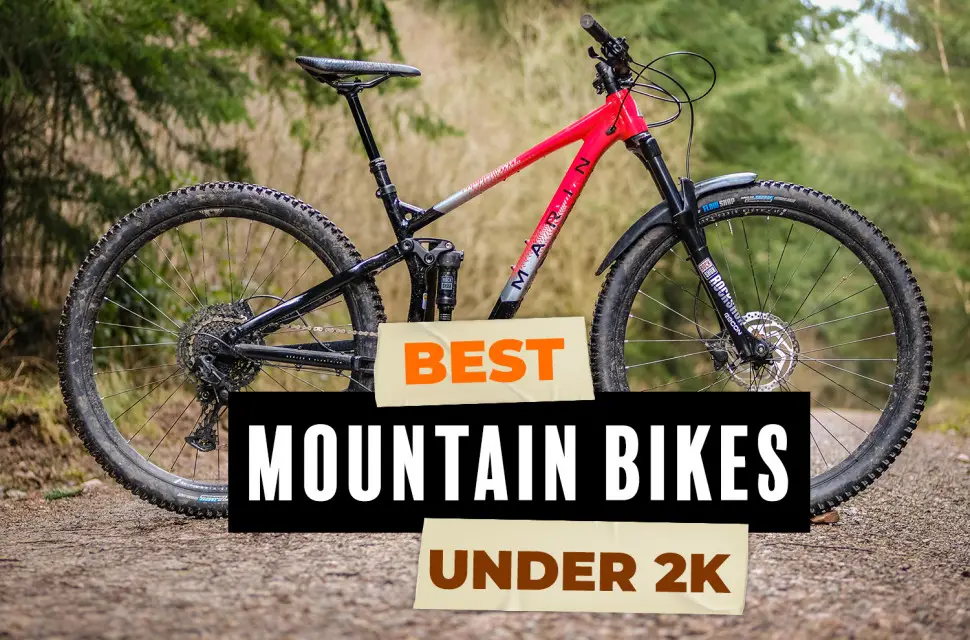Beginner Road Bike Tips: Ride Like a Pro!
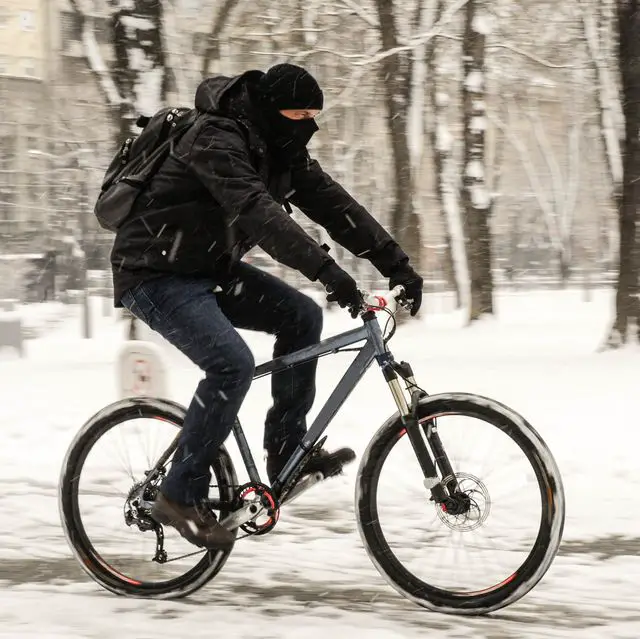
As an affiliate, we may earn from qualifying purchases. We get commissions for purchases made through links on this website. You can read more on our Affiliate Disclaimer here.
Beginner road bikers should ensure their bike fits properly and start with short, manageable rides. Maintaining proper tire pressure is crucial for safety and performance.
Starting with road biking can be exciting yet challenging. Selecting the right bike size and style is the first step. Pay attention to comfort by adjusting the saddle and handlebars. Begin with shorter rides to build endurance and confidence. Learn basic bike maintenance, like checking tire pressure and brake functionality.
Wearing the right gear, such as a helmet and padded shorts, enhances safety and comfort. Joining a local cycling group can provide support and motivation.
Stay hydrated and fueled with water and snacks. Gradually increase distance and intensity as your skills improve. Enjoy the journey and the freedom road biking offers.
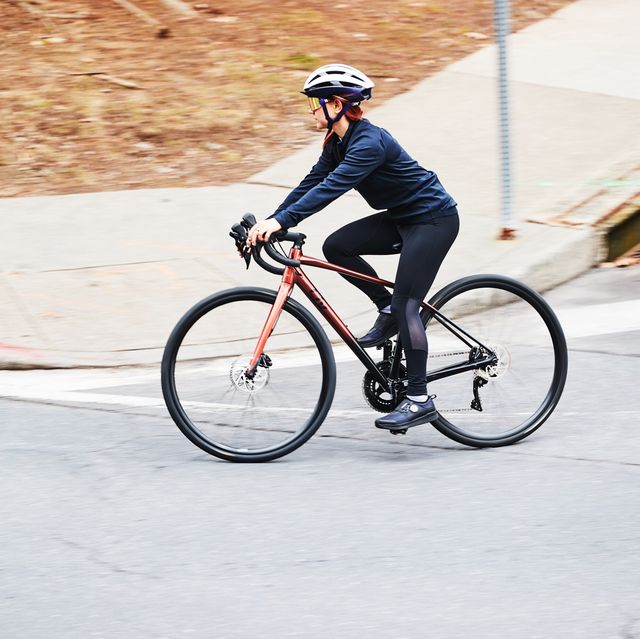
Credit: www.bicycling.com
Choosing Your First Road Bike
Picking a road bike can be fun. Think about bike size first. A good fit makes riding easy. Check the frame material too. Aluminum is light and strong. Carbon fiber is even lighter. Steel is heavier but lasts long. Also, look at the bike’s weight. Lighter bikes are easier to ride uphill.
Set a budget before you shop. Spending more can get better parts. Cheap bikes may not last long. Mid-range bikes are good for beginners. They offer decent quality. You can upgrade parts later. Don’t forget to budget for gear. Helmets, gloves, and shoes are important.
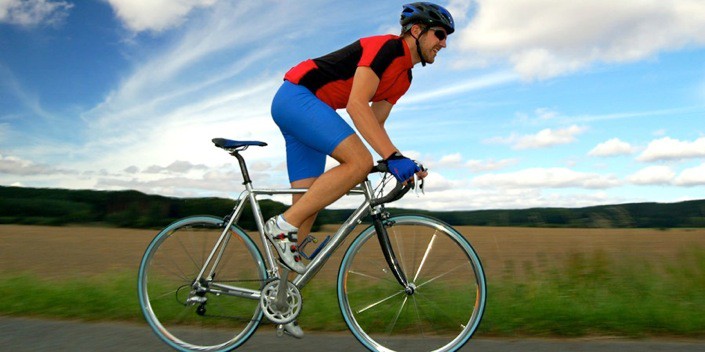
Credit: www.bikeroar.com
Essential Gear For Road Cycling
A good helmet is very important. It protects your head in a crash. Bright lights help you see and be seen. A bell can alert others to your presence. Gloves protect your hands in a fall. Sunglasses shield your eyes from the sun and debris. Reflective gear increases visibility at night.
Proper clothing makes rides more comfortable. A padded bike short can reduce discomfort on long rides. Moisture-wicking shirts keep you dry. A good pair of cycling shoes improves pedaling efficiency.
Layer your clothing to adjust to changing weather. Arm and leg warmers help on cool days. A rain jacket can keep you dry in bad weather.
Mastering The Basics Of Riding
Starting on a bike can be tricky. Always start in a low gear. This makes pedaling easier. Push off with one foot. Then, start pedaling. To stop, squeeze the brakes gently. Use both brakes, not just one. Slow down before you stop. Put one foot down when you stop.
Shift gears to make pedaling easier. Use lower gears for uphill. Use higher gears for flat roads. Change gears before a hill, not on it. Do not shift too many gears at once. Pedal smoothly when shifting gears. Practice shifting gears often. This helps you ride better.
Road Awareness And Safety
Watch cars and other bikes. Ride in a straight line. Signal before turning. Check behind before changing lanes. Keep both hands ready to brake. Make eye contact with drivers. Obey traffic lights and signs.
Know the meaning of common road signs. Stop signs mean you must stop. Yield signs mean let others go first. Speed limit signs show the maximum speed. Bike lane signs mark lanes for bikes.
No entry signs mean do not enter. Traffic light signs show when to stop and go.
Developing Stamina And Strength
Start with short rides. Gradually increase your distance. Ride three times a week. Include hills in your routes. Use a mix of speeds. Track your progress.
Cross-training helps your body. It reduces injury risk. Try swimming or running. These help your legs and lungs. Yoga can improve flexibility. Strength training builds muscle. All these make you a better rider.
Nutrition And Hydration On The Road
Eat small meals often. Choose foods with carbohydrates and protein. Energy bars and bananas work well. Avoid heavy and greasy foods. Bring snacks you enjoy. Plan your meals before the ride. Keep track of what you eat. Listen to your body’s needs. Drink water with your meals. Stay consistent with your food choices.
Drink water every 15 minutes. Use a water bottle with a straw. Carry enough water for the whole ride. Electrolyte drinks help with long rides. Avoid sugary drinks. Drink more on hot days.
Listen to your thirst signals. Refill your bottle at stops. Practice drinking while riding. Hydrate well before starting. Balance water and electrolytes intake.
Maintenance Basics For Road Bikes
Clean your bike often. Use a soft cloth and water. Wipe down the frame. Remove dirt and grime. Dry the bike fully. Apply lubricant to the chain. Use a small amount. Wipe off excess lube.
Inspect tires for wear. Check brakes for good function. Tighten any loose bolts. Look for cracks in the frame. Test the gears for smooth shifting. Adjust if needed. Visit a bike shop for bigger fixes.
Joining The Cycling Community
Find local cycling groups online. Social media is a good place to start. Visit local bike shops for information on groups. Join group rides to meet new friends. Look for clubs that welcome beginners. This helps you learn faster.
Local cycling events are fun. Check community boards and websites. Sign up for beginner-friendly events first. These events improve your skills. They also help you meet other cyclists. Events often have support for new riders.

Credit: www.bicycling.com
Frequently Asked Questions
How Many Miles Should A Beginner Cyclist Ride?
A beginner cyclist should start with 5-10 miles per ride. Gradually increase the distance as fitness improves.
How To Ride A Road Bike Beginner?
Start with a properly fitted bike. Learn basic hand signals and road rules. Practice balancing and braking. Gradually increase your distance. Stay hydrated and wear safety gear.
Is A Road Bike Good For Beginners?
Yes, a road bike is good for beginners. They are lightweight, efficient, and easy to handle on paved roads.
Is 30 Minutes Of Cycling A Day Enough?
Yes, 30 minutes of cycling a day is enough for improved cardiovascular health, weight management, and overall fitness. It’s effective for beginners and experienced cyclists alike. Regular cycling boosts mood and reduces stress.
What Is The Best Beginner Road Bike?
A good beginner road bike is lightweight, durable, and fits your budget. Look for trusted brands and positive reviews.
Conclusion
Mastering beginner road bike tips boosts confidence and safety. Practice regularly and embrace the learning journey.
Remember, the right gear and proper maintenance ensure a smooth ride. Keep exploring new routes and enjoy the adventure. Happy cycling!
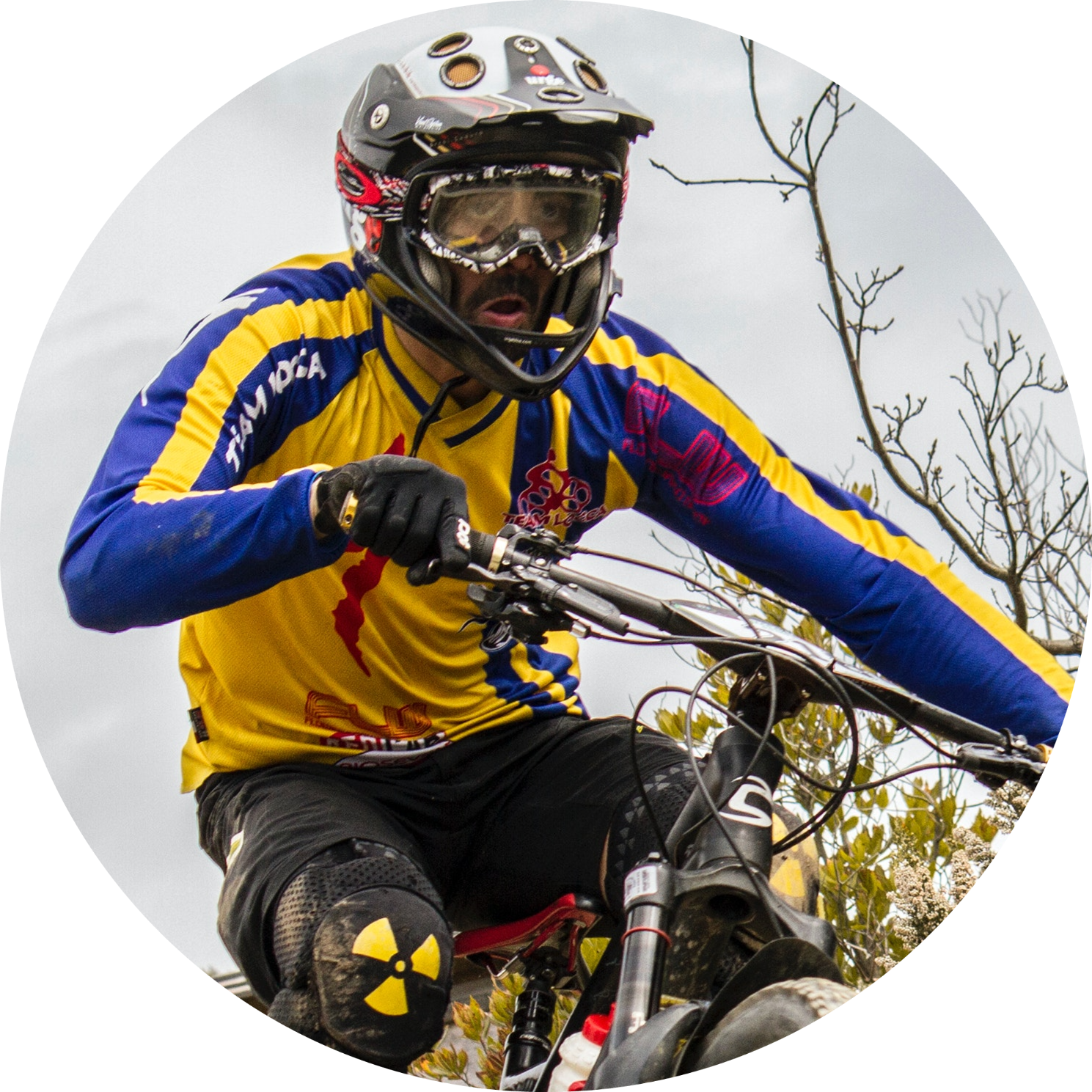
Steven is a professional cyclist and his passion is cycling. He has been cycling for the last 6 years and he loves using bikes while outing as well. Based on his experiences with the different types of bikes; he is sharing his opinions about various bikes so that a beginner can start right away. Find him on Twitter @thecyclistguy Happy Biking.
